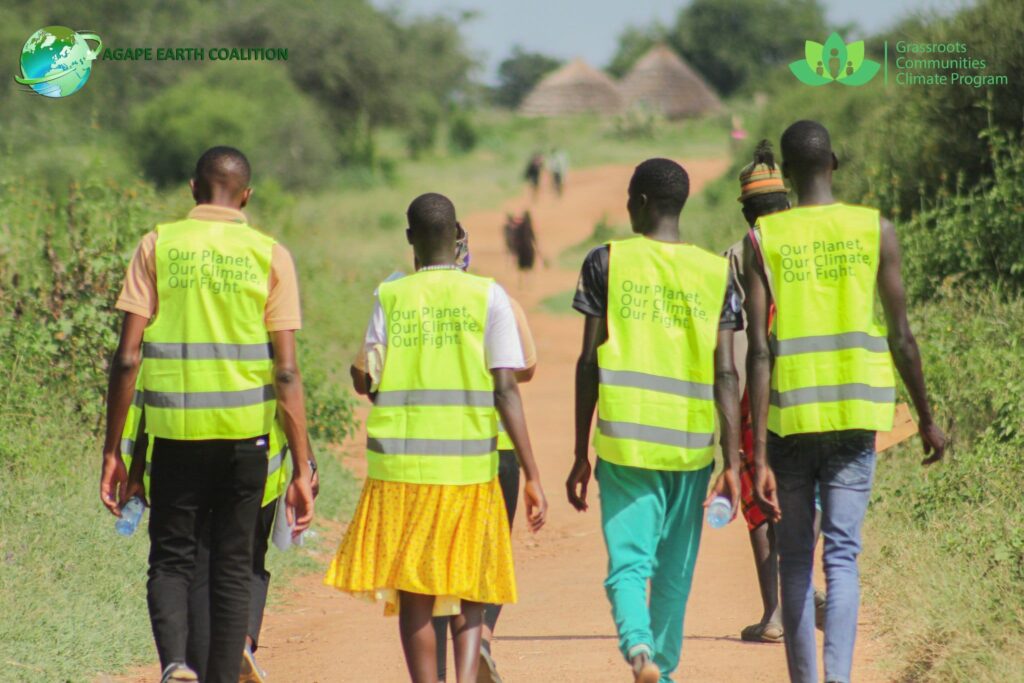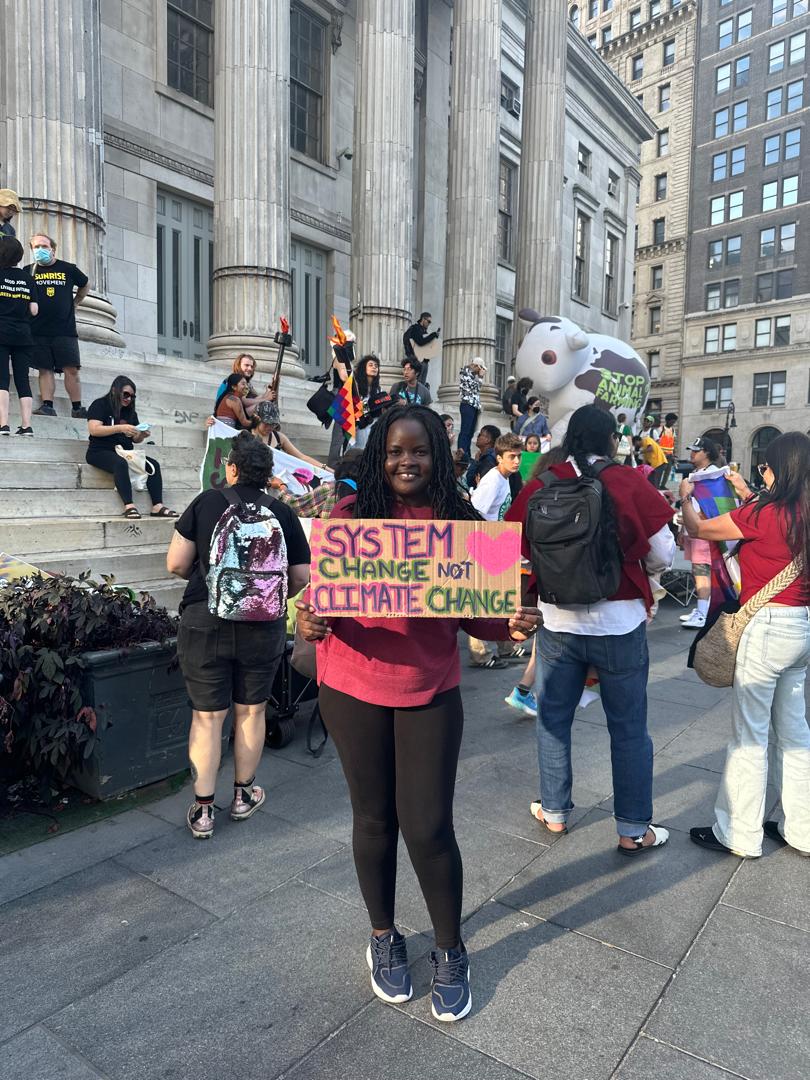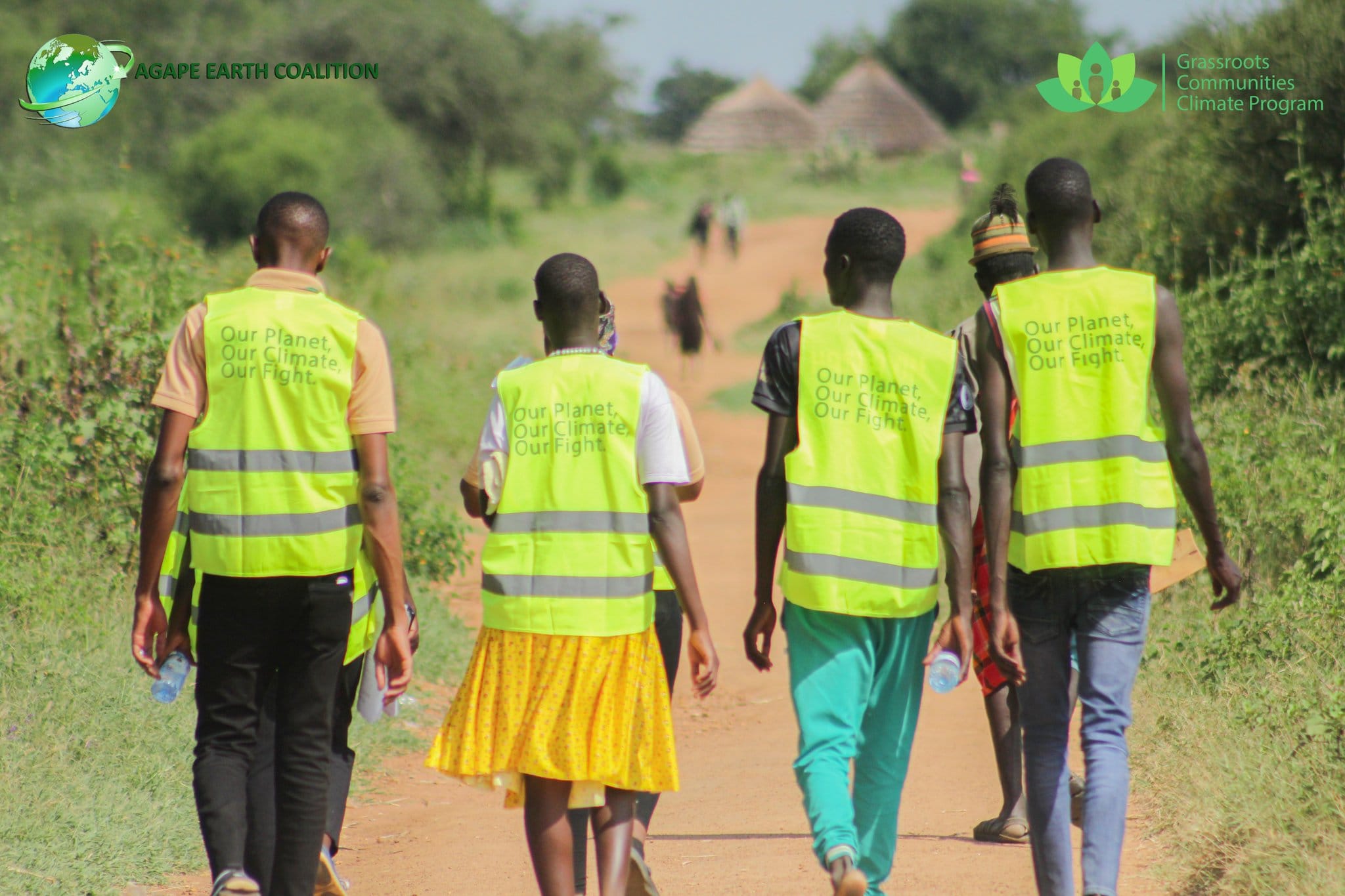Africa at present with greater reason must intent on directing the climate adaptation process forward. The youth and women are fronting the good cause with an ambition of capturing both national and world leaders on board.
The climate situation in Africa shows that the rate of temperature increase has accelerated in recent decades, with weather related hazards becoming relentless. Yet financing for climate adaptation is only a trivial amount, uncorrelated to what is required. More than 110 million people on the continent were directly affected by weather, climate and water related hazards in 2022 causing more than 8.5 billion US dollars in economic damages. There were 5000 fatalities, of which 48% were associated with drought and 43% were due to flooding, according to the emergency event database.
At the ACCAC (African Climate Change Adaptation Conference) happening from the 7th to 8th of October 2024 at Silver Springs Bugolobi Hotel in Kampala, Uganda, near the main headquarters of AEC( Agape Earth Coalition). Primarily, we must ensure we wield the topic of adaptation and the role of Nationally Determined Contributions (NDCs) to the headlines of climate strategic solutions for the Global South. History has revealed how numerous, if not the majority of policies that preside over our countries have been obtained from elements of systems in the global North, which in turn have loopholes of not being entirely clear-cut in serving our societies. This convention will assemble more than 700 delegates from across the globe; African national and local leaders, international heads of state, captains in civil society, philanthropists, youth and women representatives. It will streak the inception of a new cycle of authentic effectual climate consultations and arguments, that will be carried onto the European African climate advocates tour and COP29.
These penetrating dialogues will expound on several climate topics which are real worthy of attention to grass-root communities in the global south for instance: how can we embody local perspectives in NDCs? How do we hasten NDCs in Africa? How can the global south expedite just transition unto sustainable climate resilience? How may we advance consumption of renewable energy resources in Africa to benefit the continent? The cross-examining of propositions is truly boundless regarding the best way forward for sustainable development and resolutions to climate change in Africa.
Even so, the ACCAC will deliver us a step closer to remedial action in approaching peculiar climate mysteries. This meeting is further set to antecede creation of resolute Global South-Global South and Global South-Global North collaborations.
Ahead of ACCAC, AEC is ensuring it has its fair contribution through having community outreaches in the various African countries. In Uganda we are directly staying in one of the remote areas in the North West region called Karamoja that has been unfavorably afflicted by the shocks of the climate crisis. The area with more than 27000 square kilometers of land, it is an arid expanse of savannah, it borders Kenya and Sudan with Ethiopia not far off. The erratic and brief periods of rain in this area have been worsened with escalating global temperatures, which frustrate agricultural production, thereby aggravating food insecurity in Karamoja. Conjointly, heat waves in the region disturb the availability of water for both crops and animals. What we have noted is that people in the area have not taken any action to adapt to climate change over the decades essentially on account of they did not know what way to do so. This region, one of countless more in Africa, should benefit from adaptation mechanisms such as water-harvesting, agroforestry schemes, drought resistant crop varieties, education of the communities, and improved access to climate change information.
We all agree majority of African governments up to now are very weary from providing for grappling health, education and transport systems, to think of diverting any funds to sustainability, resilience building or climate policies.
Notwithstanding the fact that our countries are not inclined to these climate challenges, they should still recognize that climate matters are here now and we are obliged to devise prime mechanisms around them. Our leaders can commence on prioritizing climate policies and implementation. The different ministries could train them on how to make and execute climate policy. African countries can also start encompassing climate strategic plans at national budget level for purposes of easy planning and proper climate tracking. We have confidence that a bolstered and coordinated climate agenda can attract supplementary international climate investments. Lastly but not least, we must put into consideration pushing for climate education and incorporating it into our education curricula. This will basically enhance awareness about climate issues on the African continent. Knowledge is a big propulsive force to change and essentially in Africa that gap is wider than estimated.
This year AEC is fixed to be the platform for deliberate African climate action, by igniting purposeful ideas and wrapping them up to resolution. Every key voice, every innovation and every boldness will materialize in our climate journey.



